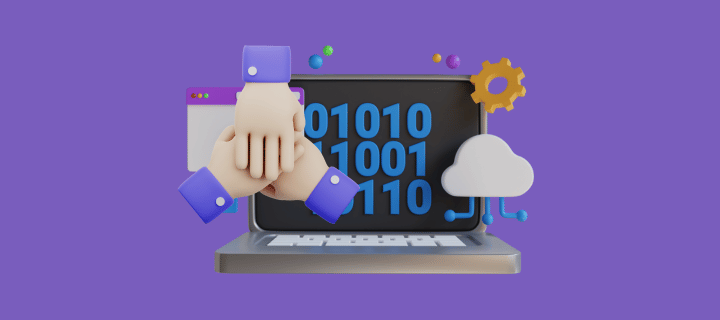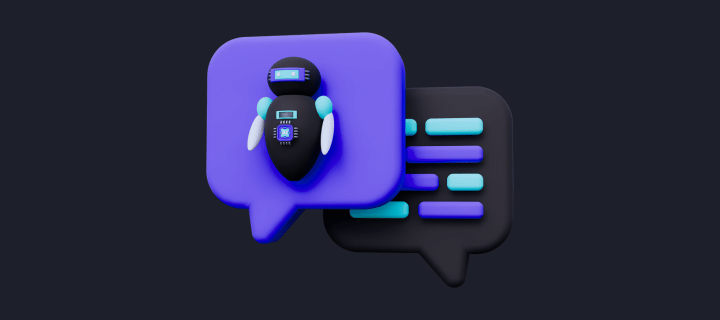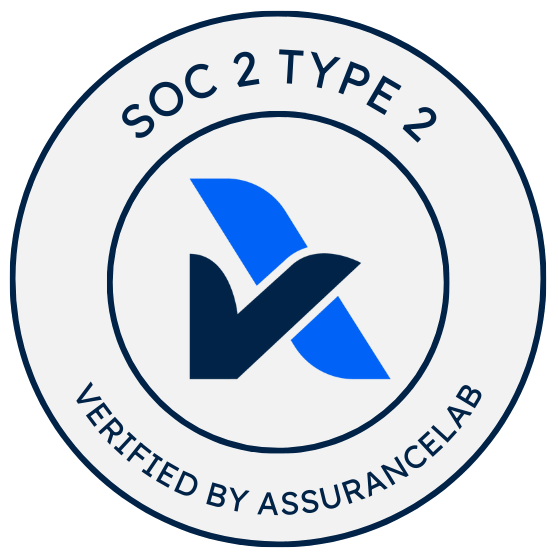
Code Review Conundrum: Balance between Objectivity and Subjectivity
A journey beyond error-spotting. Explore the art of enhancing code quality, sharing knowledge, and fostering camaraderie. Embrace the human element, and witness the transformation of your codebase!

TL;DR
- Code reviews are more than just checking for mistakes. They improve code quality, encourage knowledge sharing, and foster shared ownership. Think of them as collaborative problem-solving, not nitpicking.
- Every developer brings a unique perspective. Embrace the human element in code reviews—varied insights make better software.
- Focus on clear, actionable, and balanced feedback. The goal is to refine code, not critique people.
- Code reviews should ensure both technical soundness (objective) and maintainability, readability, and scalability (subjective). Balance is key.
- Every review is a learning opportunity. Stay curious, innovate, and grow.
- Automation can make code reviews more efficient, but human insight is irreplaceable. Use tools as allies, not substitutes.
- Mistakes are opportunities for improvement. A growth mindset transforms code reviews into a playground for learning.
- Professionalism extends beyond code reviews. High standards in integrity, collaboration, and learning set the bar for software quality.
More than just finding bugs: The evolving role of code reviews
Code reviews have evolved from simple bug-catching exercises into essential processes that drive software quality and team collaboration. They reduce technical debt, enhance maintainability, and align development with business goals.
By proactively identifying design and architectural concerns, code reviews help prevent future issues, ensuring longevity and scalability. They also foster knowledge sharing, giving teams a collective sense of ownership over the codebase.
Want to make your code reviews more effective? Check out our guide to harmonizing code review workflows.
The human side of code reviews: Why subjectivity matters
Developers approach problems differently based on their experiences, which means subjectivity plays a crucial role in code reviews. Different perspectives lead to better solutions and more user-friendly software.
Encouraging discussion and valuing diverse input creates a culture of respect and inclusivity. Developers who empathize with the user experience write code that isn’t just efficient but intuitive.
Building a collaborative review culture: Trust, respect, and clear feedback
A strong code review culture is built on trust and effective communication. Developers should feel comfortable giving and receiving feedback, knowing it’s about improving the code—not criticizing the coder.
Actionable feedback is key. Instead of vague comments like, “This could be better,” provide clear suggestions for improvement. And don’t forget to highlight strengths—it makes feedback more balanced and constructive.
The art of feedback: Balancing critique and encouragement
Constructive feedback should be:
- Clear: Avoid ambiguous comments. Be specific about issues and improvements.
- Objective: Focus on the code, not the developer.
- Balanced: Recognize strengths as well as areas for improvement.
This approach fosters a positive review environment where developers feel encouraged rather than demotivated.
Looking for ways to improve how your team handles feedback? Read about the common misconceptions in code reviews.
Objective vs. subjective measures in code reviews
A well-rounded code review process considers both:
- Objective factors: Coding standards, performance optimization, security best practices.
- Subjective factors: Readability, maintainability, and scalability.
Balancing both ensures code that is technically sound while remaining adaptable and easy to work with.
Continuous improvement: Code reviews as a learning tool
Every review session is an opportunity to learn new techniques and explore alternative approaches. By fostering curiosity and self-improvement, code reviews become valuable professional development tools.
Want to measure the impact of your code reviews? Our guide on demystifying code review metrics covers key performance indicators that matter.
The role of automation: Tools + human judgment
Automated tools help catch syntax errors and enforce coding standards, but they lack the intuition to evaluate readability, logic, and maintainability. The best approach is a hybrid one—letting automation handle the routine checks while developers focus on deeper issues.
Looking for insights into AI’s role in modern code reviews? Read more about AI-powered institutional knowledge and code collaboration.
Overcoming resistance: Time constraints, criticism, and mindset shifts
Developers may resist code reviews due to time constraints, fear of criticism, or lack of perceived value. To overcome this:
- Communicate benefits: Highlight how reviews improve efficiency and reduce debugging time.
- Foster psychological safety: Encourage a blame-free, supportive review environment.
- Provide training: Offer guidance on giving and receiving feedback effectively.
Professionalism beyond code reviews
Professionalism isn’t limited to the review process—it extends to the entire development lifecycle. Collaboration, transparency, and continuous learning elevate software quality and team efficiency.
Conclusion: Transforming code reviews into a growth opportunity
Code reviews aren’t just about finding mistakes; they’re about growth, collaboration, and building high-quality software. When teams embrace a balanced, respectful, and learning-focused review culture, they improve not only their code but also their teamwork and problem-solving skills.
Mastering code reviews takes practice, but the payoff is immense—stronger teams, better software, and continuous professional growth. Want to take your code reviews to the next level? Explore how AI can enhance code reviews for remote teams.


